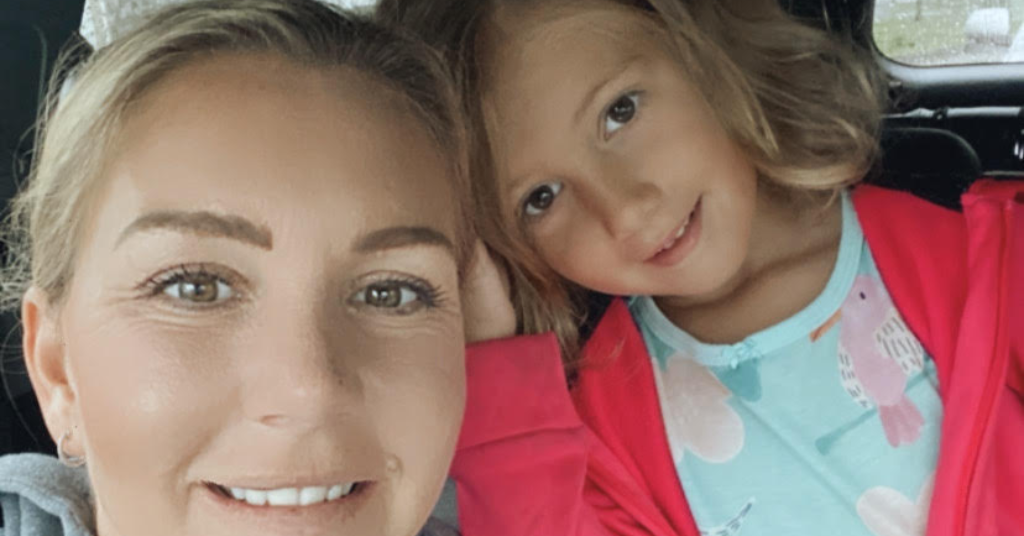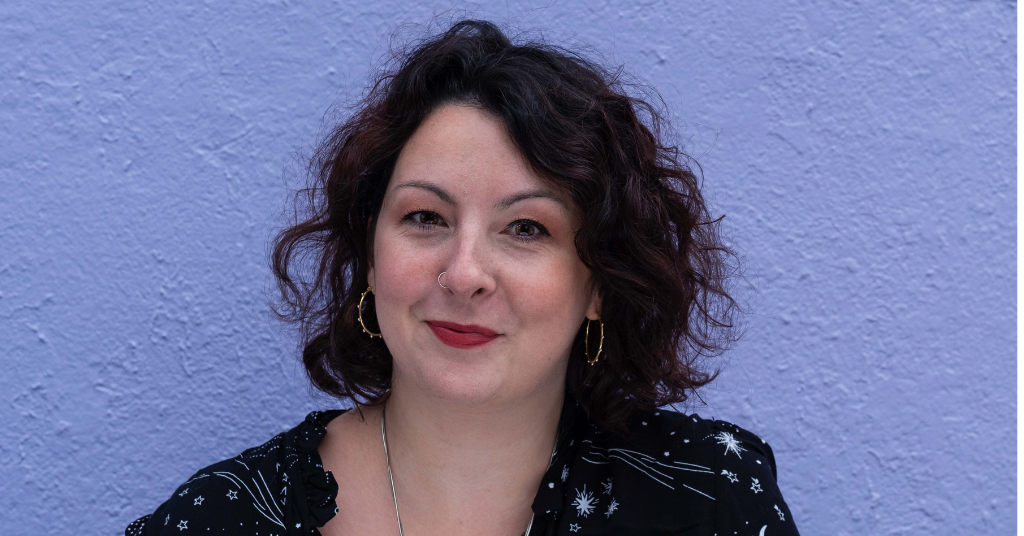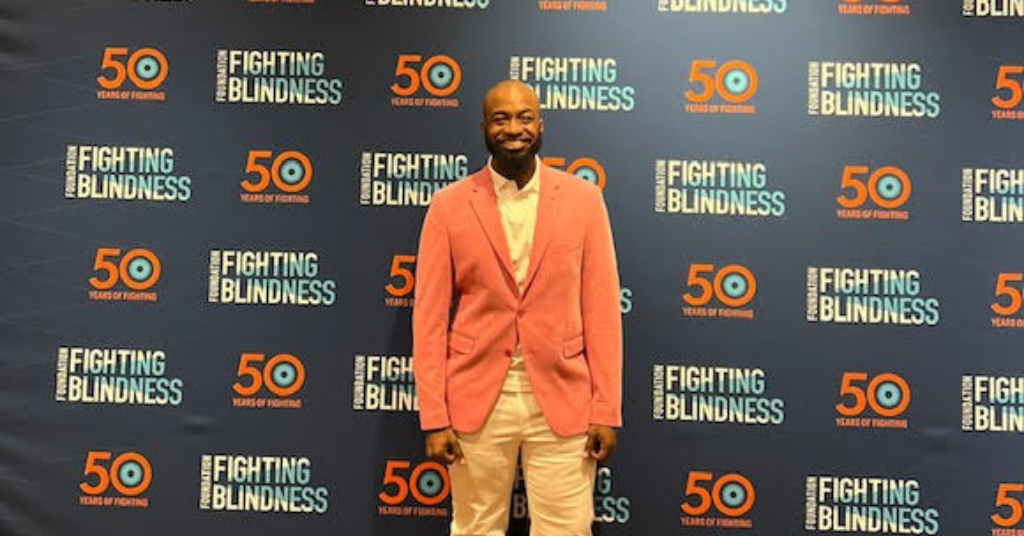
Are hearing aids sexy? The truth of being intimate with hearing loss
September 25, 2019
This mom was inspired by her son to write a children’s book about hearing loss
September 27, 2019Deaf representation is lacking. This is why it matters

We consume different forms of media and entertainment, which his affects our place in the world from a young age, especially when we don’t see people like ourselves represented.
As someone with hearing loss, growing up with a lack of deaf representation attributed to the shame I have felt around my hearing loss.
Can we have a Deaf Disney Princess?
As a little girl, I loved the Disney princesses and watched all of their movies growing up. My favorite princess was Ariel, the little mermaid. I loved her so much that I would try to swim in the pool with my legs together as if I had fins. With my hair splayed out like I was underwater, I would lay on the floor and sing “Part of Your World.” I envisioned myself talking to animals and finding true love with red hair and all. Then, after the hundredth time watching it, I came to a painful realization. Ariel doesn’t have hearing aids. I can’t wear my hearing aids underwater. How am I going to hear my sea creature friends talking to me if can’t wear my hearing aids underwater?
I felt ashamed of myself. Ariel was so beautiful and magical and I wanted to be just like her. Because of my hearing aids, I couldn’t. I fell short of being a mermaid in many ways. I didn’t have fins and couldn’t talk to animals or breathe underwater. As a 6-year-old, I knew this, but I could pretend I could do all of those things. I couldn’t pretend I could hear without my hearing aids.
“Ariel was so beautiful and magical and I wanted to be just like her, but because of my hearing aids, I couldn’t.”
How it evokes shame
The dictionary definition of shame is “a painful emotion caused by consciousness of guilt, shortcoming, or impropriety.” This is an emotion I felt often growing up with my hearing loss. As I got older, I started to unpack those feelings and try to figure out where they were coming from. I was not bullied in school about my hearing aids. My family was always incredibly loving and supportive of me no matter what. I had lots of friends, was an athlete, and got good grades. I had and still have an awesome life. Yet, I still had this overbearing feeling of being alone, that I was the only one with hearing aids.
Back when I was a small child who only watched cartoons, there wasn’t a single time I saw a hard-of-hearing character (who wasn’t an elderly person). According to a 2017 TV report from the Gay & Lesbian Alliance Against Defamation (GLAAD), “The amount of regular prime time broadcast characters counted who have a disability has slightly increased to 1.8 percent, but that number still vastly under represents the actualities of Americans with disabilities.”
Lack of Deaf Representation
Movies and TV shows seldom involve characters with hearing aids. Likewise, many actors/actresses and most celebrities don’t wear hearing aids. I loved Britney Spears and I wanted to be a pop star just like her. When I saw that she wore earpieces for her microphone headset, I crumbled inside. How was I supposed to be a pop star and wear the cool headset if I had hearing aids blocking the earpieces? I watched Olympic gymnasts on TV and thought, “Wow, I want to be just like them!” Then I was crippled by fear when I realized I’d be on world television with my hair in a ponytail, exposing my hearing aids for quite literally everyone to see.
I was in awe of all of the inspiring people the media and entertainment industry showed me. I never felt like I could be just like them because I had hearing aids and they did not. Imagine how different my perception of myself could have been if the industry had people who were like me!
Read more: TV series ‘This Close’ starring two deaf actors premieres February 14 (Season 2 Premieres Sept. 12, 2019)
Small Steps in the Right Direction
It remains true that there is a lack of representation of disabilities, specifically with hearing loss, in the entertainment industry. But there have been a few small steps in the right direction. Most recently, Toy Story 4 has included a child with a cochlear implant. This is incredibly important because it depicts a child with a hearing loss and the primary audience of the movie is children.
Another small moment was seen in the latest version of the movie, A Star is Born. Main character and singer, Jackson Maine, is battling tinnitus from all of his years performing. He spends time in rehab for substance abuse. He also chats with an older man who has hearing aids. What impacted me the most is that during this scene, the camera is focused on his hearing aids. I spent much of my teenage years hiding my hearing aids, and here they were on the big screen. These are just two recent examples.
The Vanderbilt University IRIS Center created a comprehensive list of films portraying people with disabilities, including hearing loss. However, it is important to note, as they state in the introduction of the list, “Many of those representations are accurate, many are inaccurate, and some are even offensive.”
Though these films are not all positive, the list is longer than you might expect.
Feeling Inspired
It is encouraging to know that even in small ways, lack of deaf representation is changing. It would be wonderful to see a film in which a character with hearing aids is the main character. Ideally, the actor playing the character would really have hearing aids. The feelings of shame around hearing loss can subside when people feel a sense of belonging. We feel shame when we feel like we are falling short of our potential. Having the media in our hands (literally), we are constantly exposed to the negativity in the world.
We can also be exposed to the positivity in the world just the same. By using it, we could begin to feel like we are not falling short by having a hearing loss. We could begin to feel inspired by being surrounded by stories and people who are doing the things we aspire to do, despite our disabilities.
Now I’m 24 and sometimes I still feel ashamed of myself when I can’t hear someone. I automatically try to play it off like I don’t actually have a hearing loss. Every day I work to undo the feelings of shame for being different that are deeply rooted in my mind. With the help of the far-reaching and influential entertainment industry, I believe we could begin to further represent ourselves. In turn, this can empower the hearing loss community to feel a sense of belonging instead of being left to watch.
How did the lack of deaf representation affect you?




